Brining Electricity to Tanzania
Over the years, SELF has partnered with numerous foundations and organizations in Tanzania to electrify health clinics, power vaccine refrigerators, and bring access to renewable resources for lighting and communication through the implementation of solar photovoltaic (PV) systems.
The Jane Goodall Institute
On the shores of Lake Tanganyika, sits the Jane Goodall Institute. In 2005, the then 30-year-old research institute was in need of major updates. The researchers had been getting their light and power from a combination of candles, kerosene lamps, and diesel generators. With funding from the Greenville Foundation, the Ernest Kleinwort Charitable Trust, ConocoPhillips, and the U.S. Fish and Wildlife Service, SELF spearheaded a project to bring reliable, sustainable, and clean solar electricity to the Institute, providing electricity for lights, computers, and a water pump. The new PV system was designed to supply electricity to operate 140 lights for 5-6 hours and power five computers for up to four hours per day. The system also powered a refrigerator that contained DNA and tissue samples, medicines, and polio vaccines (polio is present in areas of Africa and the disease is known to be transferrable between humans and chimpanzees). Previously, the generators such as the one powering the refrigerator ran on petroleum that was imported from over 800 miles away. In the villages surrounding the national park, deforestation was extreme. To help mitigate this issue, an electric irrigation system was installed for a tree and shrub nursery developed by a local nonprofit, Tanganyika Catchment Reforestation and Education (TACARE). The newly implemented solar powered pump helped to combat erosion and flooding in this region.
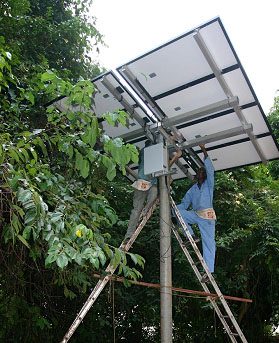
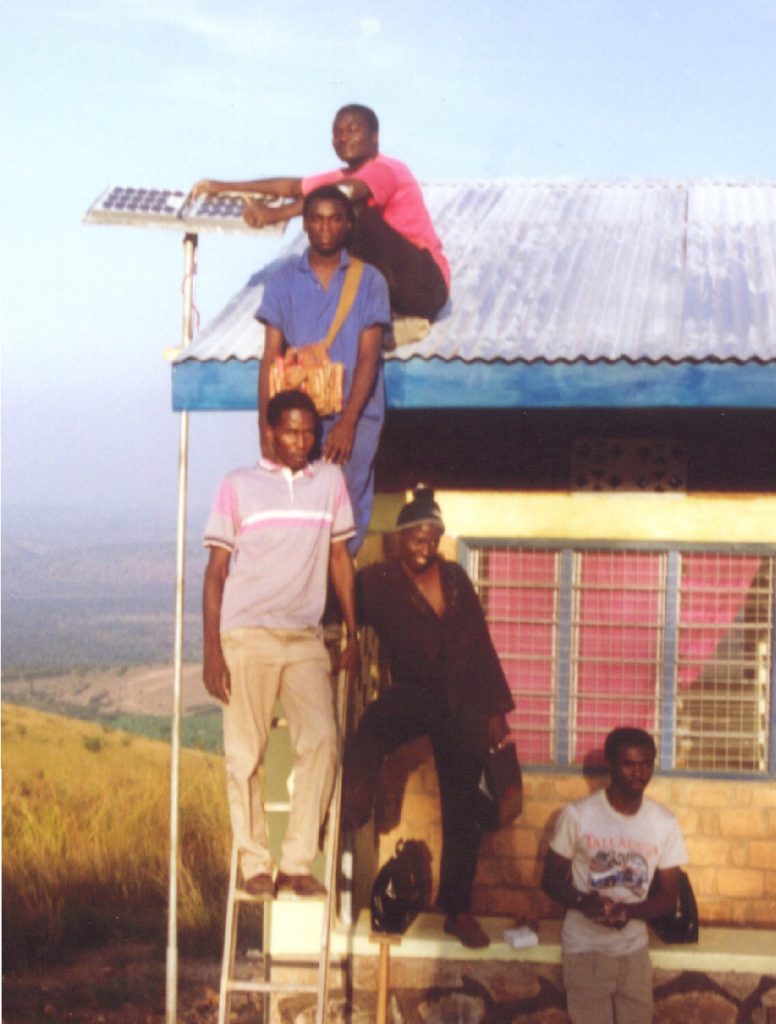
Given that the Institute was located in a densely wooded area, and tree trimming was limited, finding access to the sun was a challenge. SELF’s solution was to install oversized solar modules on steel poles, raising them above the tree cover. Mounting and wiring the modules was a slow and tedious process, but perhaps the greatest challenge was to “baboon proof” the systems, “so that little nimble fingers could not grasp exposed wire to hang or swing from,” explained Project Manager Jeff Lahl.
“They love to run and thunder across the metal roofs of the research center and like to jump, sit, lie, and sleep on the few existing solar modules on the roof at the research center… They only stay on the modules for a few minutes, so there’s not big loss of power. The benefit is that their fur keeps the modules clean and dusted.”
SELF Project Manager Jeff Lahl
Ten locals were trained to maintain the system. The students were so excited about solar energy and what it could do for them, they had to be pushed out of the door every evening after class.
Working with the Maasai
In 1995, SELF worked with the Ilaramatak Lolkonerei Integrated Pastoralist Survival Program (OIPSP), a rural pastoralist organization that seeks to allow Maasai families to thrive in the modern world while still preserving their traditional lifestyle and culture. The partnership between SELF and OIPSP introduced families to the benefit of solar PV, trained Maasai technicians, and provided solar powered HF radio for communications throughout Maasailand.
With the electric grid almost 100 miles away, kerosene and dry cell batteries only provided limited utility. After experiencing problems with poaching and cattle rustling throughout Maasailand, as well as lacking suitable lighting for evening work and study, OIPSP quickly realized that a reliable source of electricity was essential to preserving their livelihood. OIPSP approached SELF to request assistance in the development of an ambitious strategy to obtain solar PV for lighting and communications. SELF helped the OIPSP to undertake a solar electrification program by helping to upgrade existing solar installations, training members of the community in PV installation, and seeding a revolving credit fund for the purchase of solar home systems (SHS) and solar lanterns. SELF also helped establish a tribally-owned solar enterprise market SHS and solar lanterns throughout Maasailand.
In October of 1995, SELF received a grant from the Compton Foundation which allowed for continued support of the OIPSP solar program with the Maasai by purchasing a PV lighting system for an OIPSP Community and Resource Training Center, and financed the purchase of 6 SHS and 32 solar lanterns which were sold on credit by Maasai entrepreneurs and installed by local technicians. Families and shop owners financed their systems through monthly payments into a revolving credit fund, which were used to pay for continued construction on the Community Resource and Training Center. Additionally, SELF helped the OIPSP purchase a high frequency radio telephone, allowing internal communications with two other existing HF radios in Maasailand, as well as allowing email capabilities through the connection to the outside data networks in East Africa.
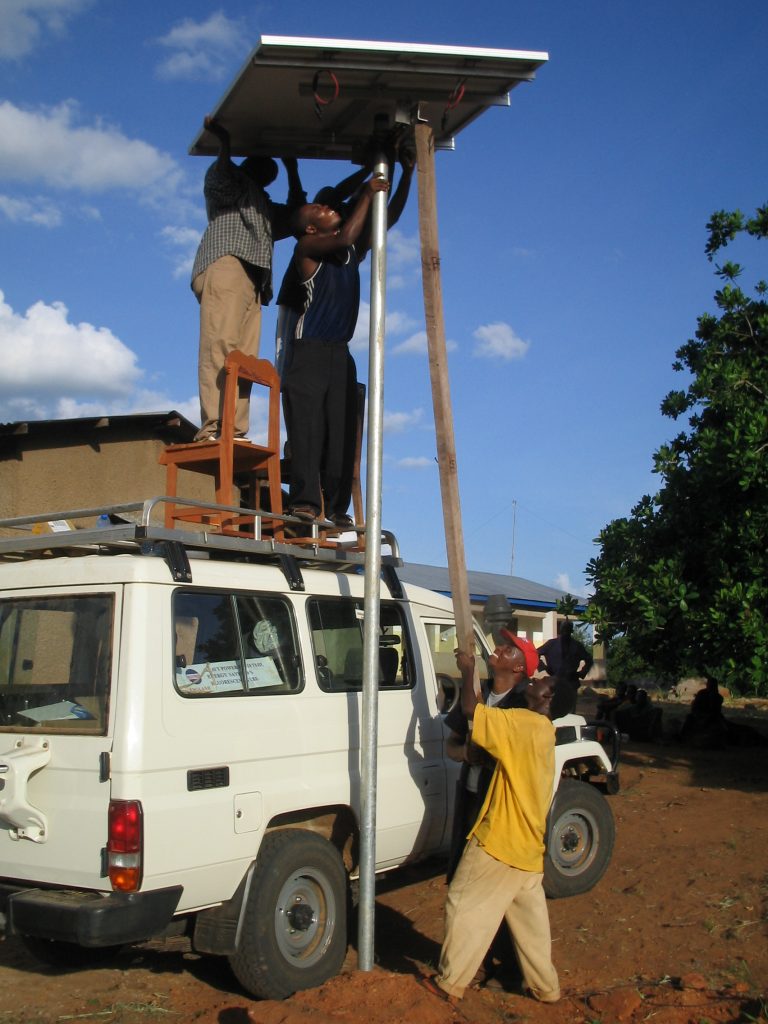
Under the direction of the OIPSP, SELF has helped Maasai pastoralists maintain a strong connection to their culture while also benefitting from modern lighting and communications through the use of solar photovoltaics.
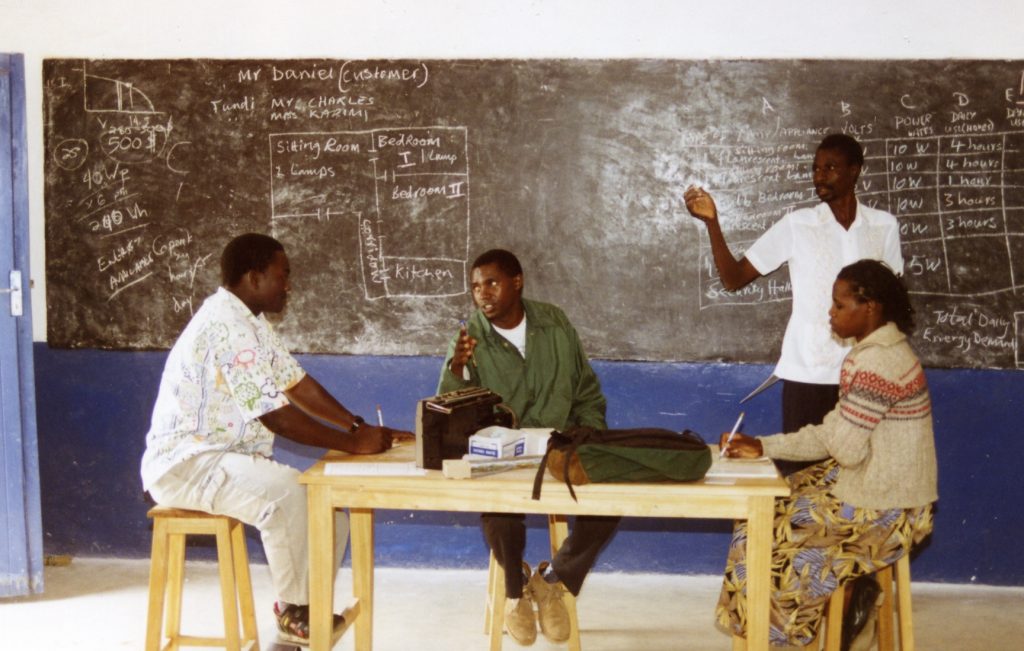
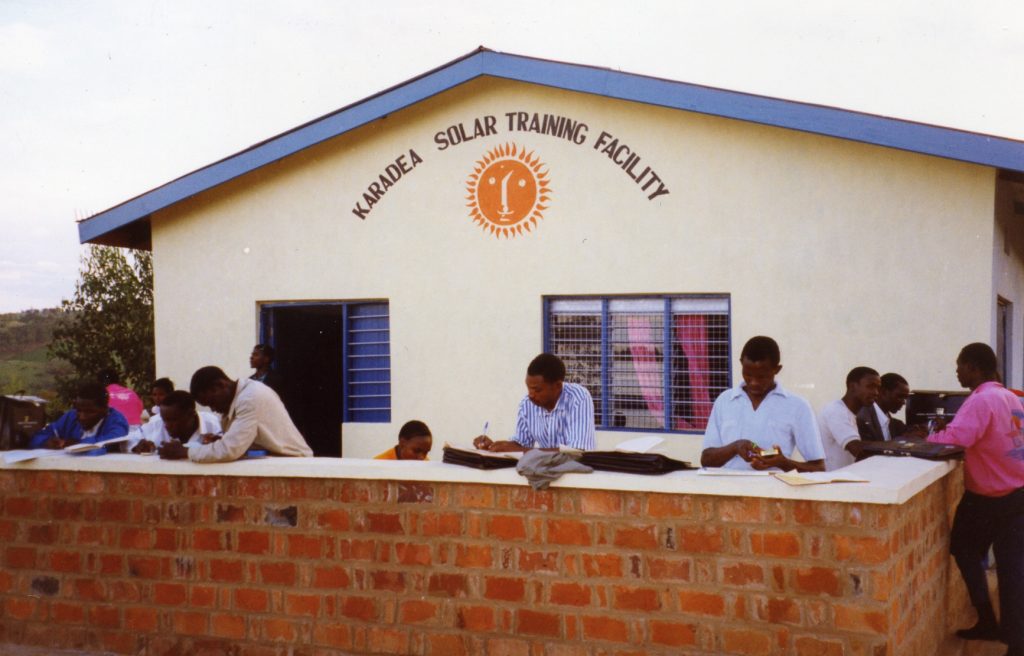
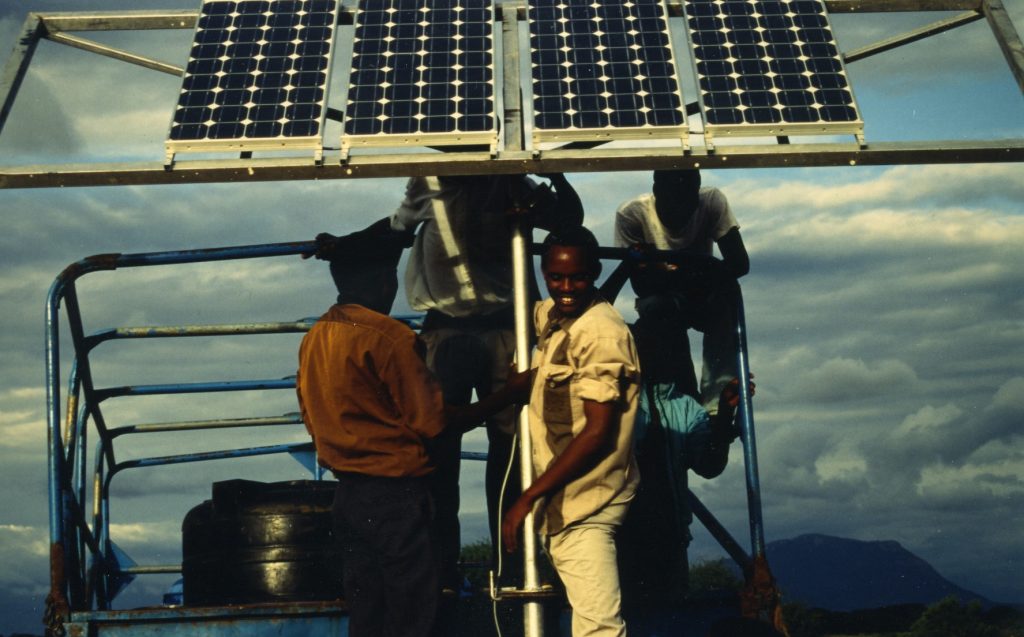

SELF is a global leader in the fight against energy poverty. Since 1990, we’ve pioneered unique applications for solar energy, powering progress on food security, health care, education, gender equity, and more.
501(c)(3) non-profit organization
EIN: 52-1701564